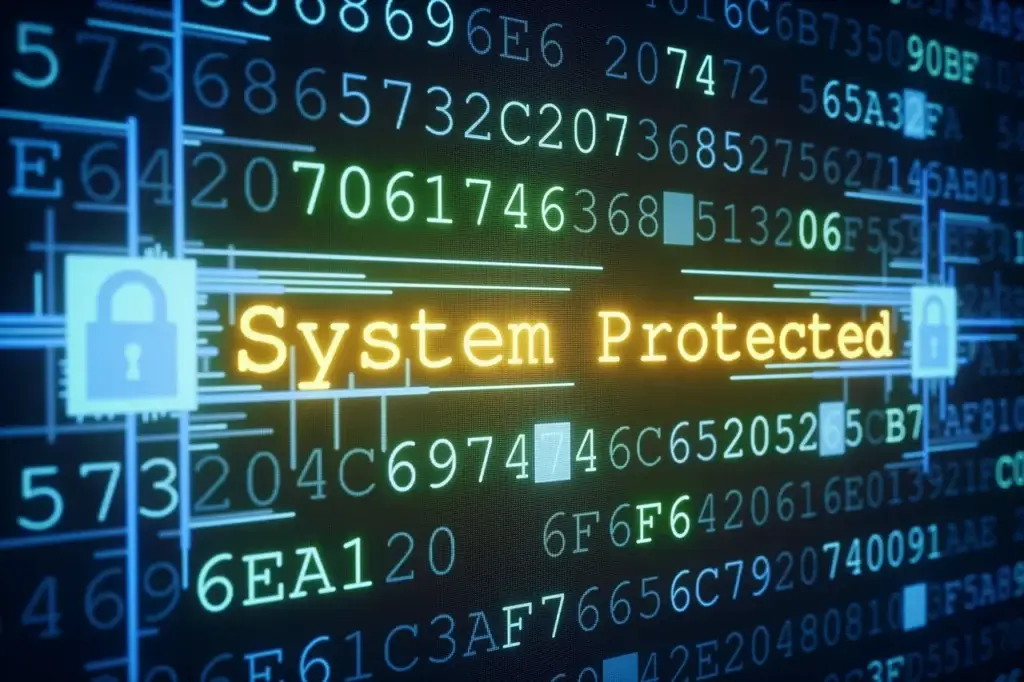
CMMC Compliance: Essential Guide for Defense Contractors
Understanding CMMC: Protecting Sensitive Government Information
The Cybersecurity Maturity Model Certification (CMMC) establishes critical safeguards for protecting sensitive government information and intellectual property within the Defense Industrial Base (DIB). Defined by the US Department of Defense (DoD), this mandatory standard requires formal third-party audits conducted by independent organizations accredited by Cyber AB.
Who is Cyber AB?
Cyber AB, the Cybersecurity Maturity Model Certification Accreditation Body, plays a crucial role in the CMMC ecosystem. This non-profit organization:
- Accredits third-party assessment organizations (C3PAOs): These trained and qualified entities conduct CMMC assessments and issue certifications to contractors meeting the required standards.
- Oversees C3PAOs: Cyber AB ensures C3PAOs deliver accurate, consistent, and reliable evaluations and certifications.
- Maintains a C3PAO registry: Find your ideal C3PAO easily through their website’s comprehensive list.
5 Reasons Why CMMC Compliance Matters for Defense Contractors:
1. Mandatory Requirement:
Compliance with CMMC is not optional. Any contractor handling sensitive government information must adhere to the framework. Failure to do so can result in lost business opportunities and jeopardize your ability to participate in government contracts.
2. Best Practices Through Third-Party Audits:
Formal third-party audits ensure DIB contractors follow the latest cybersecurity best practices. This independent evaluation guarantees your company adopts effective methods to safeguard sensitive data and infrastructure.
3. Enhanced Security Beyond Existing Requirements:
CMMC builds upon existing regulations like DFARS 252.204-7012. It introduces mandatory third-party audits and certifications, further strengthening your cybersecurity posture and exceeding baseline compliance standards.
4. Leveraging NIST Cybersecurity Expertise:
The National Institute of Standards and Technology (NIST) SP 800-171 lays out guidelines for protecting Controlled Unclassified Information (CUI) in non-federal systems. These crucial security measures are incorporated into the CMMC framework, ensuring alignment with recognized NIST best practices.
5. Adapting to an Evolving Standard:
The CMMC standard is continuously refined. Staying informed about the latest updates and requirements is crucial for maintaining compliance and safeguarding sensitive government information.
Summary: A Secure Future for Defense Contractors
The Cybersecurity Maturity Model Certification is an essential requirement for defense contractors. By ensuring mandatory compliance, implementing best practices through independent audits, exceeding existing regulations, incorporating NIST expertise, and adapting to a dynamic standard, CMMC fosters a secure and trustworthy environment for collaboration between government and contractors.
Remember, maintaining compliance necessitates staying abreast of the latest developments. Regularly check for updates and consult accredited C3PAOs for expert guidance. As a defense contractor, embracing CMMC compliance demonstrates your commitment to safeguarding sensitive information, positioning your business for continued success in government partnerships.Additional Resources:
Cybersecurity Maturity Model Certification (CMMC)
- https://dodcio.defense.gov/CMMC/
- https://learn.microsoft.com/en-us/azure/compliance/offerings/offering-cmmc
Cyber AB
Defense Federal Acquisition Regulation Supplement (DFARS)
Computer Security Resources center
Office of the Under Secretary of Defense for Acquisition and Sustainment, Department of Defense (DoD)
Related Cybersecurity Threat and Awareness Blogs:
Why CMMC Compliance Matters for Government Contractors?
DFARS and CMMC Compliance for Defense Contractors
Understanding the Role of CMMC and DFARS in Defense Industry Cybersecurity
Insights into the State of Cyber Threats
CMMC in Supply Chain and why Organizations Should Act Now!










